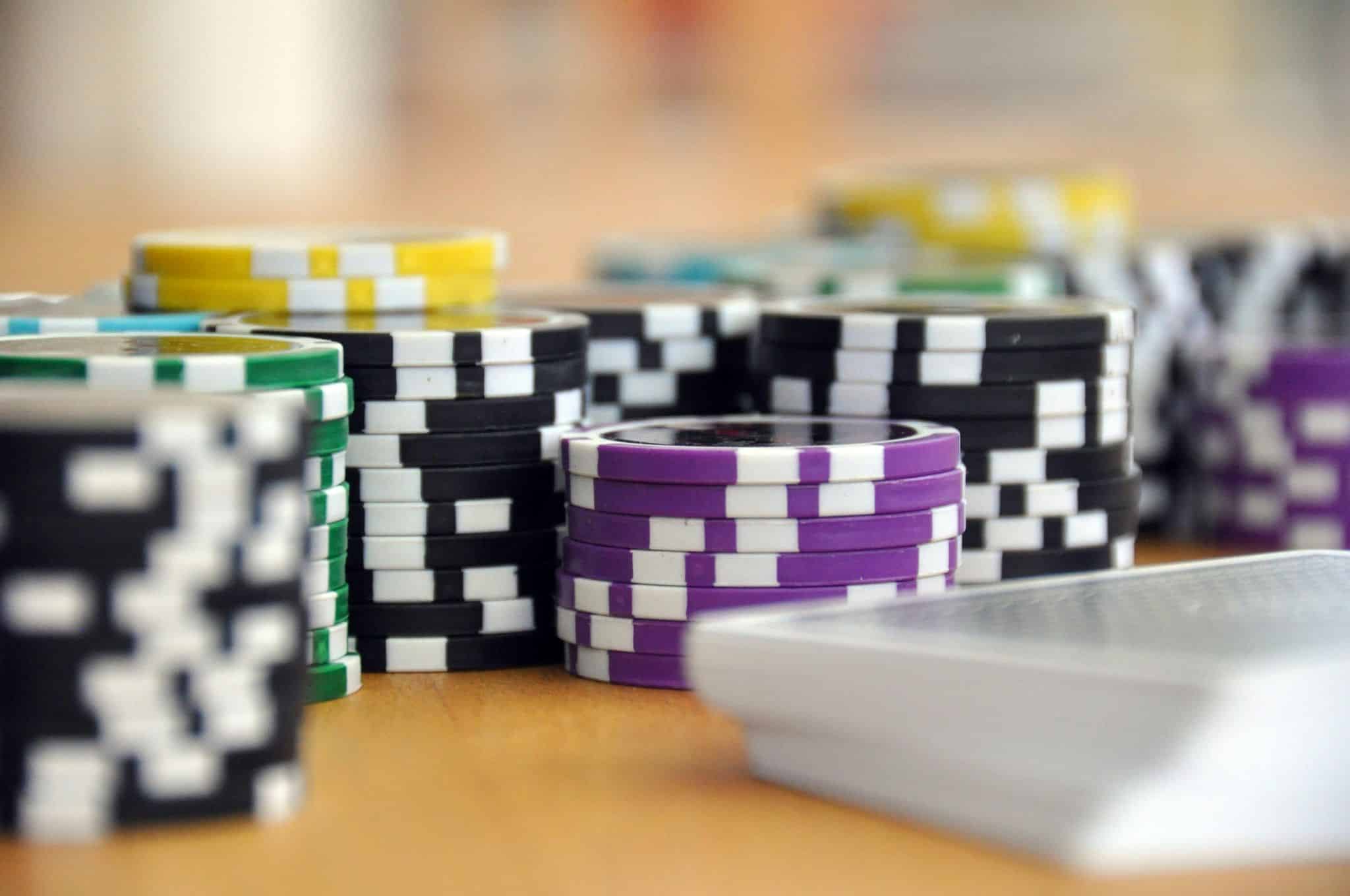
But what happens when the thrill turns into exhaustion?
Most people talk about losing money, but few talk about the mental toll. Constant bets, chasing losses, and the stress of never knowing if you’ll win or lose – it all adds up.
Let’s get into the hidden side of sports gambling stress, how it affects you, and what you can do about it.
The Silent Pressure: How Gambling Wears You Down
Sports betting isn’t just about placing bets. It’s mental math, risk calculation, and emotional swings – all in a short time.
Think about it. You study stats, check injury reports, watch pre-game analysis, track live odds, check the best offshore sportsbooks, and then wait.
If you win, great. But if you lose, the pressure builds.
This can lead to mental exhaustion, and studies back it up.
- A 2023 study in Psychology Today found that frequent gamblers experience higher stress levels than those who bet casually.
- According to the National Council on Problem Gambling, 82% of problem gamblers report feeling anxious or depressed after repeated losses.
- A survey by the UK Gambling Commission showed that 55% of daily bettors experience some level of burnout after a few months of non-stop gambling.
The Science Behind Betting Stress
Stress isn’t just in your head. It has real effects on your body.
What happens when you bet too often?
Your brain releases dopamine when you place a bet, the same chemical linked to pleasure and reward.
The problem? When betting becomes a habit, your brain craves that dopamine hit, making it harder to stop – even when you’re not having fun.
According to Harvard Medical School:
- People who gamble frequently show brain activity similar to drug addiction.
- The prefrontal cortex (decision-making part of the brain) weakens, making it harder to control impulses.
- Cortisol (the stress hormone) rises, leading to irritability, fatigue, and anxiety.
How to Avoid Betting Burnout
If you feel like betting is wearing you down, there are ways to pull back before it gets worse.
Recognize the signs early and make a few changes and you can regain control before the stress takes over.
Set Time Limits, Not Just Money Limits
Most advice tells you to set a budget, but the amount of time spent betting is just as important.
If you’re checking odds, watching live games and analyzing bets all the time, it can wear you down – even if you’re not losing money.
Set a weekly time limit for yourself and stick to it.
Take Breaks, Even if You’re Winning
A winning streak can be just as bad as a losing one. When you’re on a roll, it’s easy to keep going, but that can lead to burnout.
Taking breaks isn’t just about stopping losses – it’s about resetting your mind.
Stepping away from betting for a few days or even weeks helps you avoid burnout and keep a healthier relationship with it.
Track Your Emotions, Not Just Your Bankroll
Keeping a betting journal can help you see patterns in your behavior. Write down how you felt before and after each bet. Was it exciting or stressful?
Did you bet because you wanted to or because you had to?
If you notice betting is becoming more of a habit than an activity, it might be time to reevaluate.
Keep Other Hobbies Alive
If betting is your only hobby, burnout happens much faster. When all your excitement comes from gambling, you start to rely on it for entertainment.
Having other interests – whether it’s sports, exercise, creative projects or social activities – helps you stay balanced.
Diversifying your downtime makes it easier to step away from betting without feeling like you’re missing out.
Final Thoughts: It’s Okay to Walk Away
Burnout slowly develops because you initially cannot recognize the problem symptoms.
It is time to exit if you are betting because of stress while completely disregarding the original purpose of being entertained by these games.
The pleasure factor is the main purpose of sports betting. Your decision to reconsider the influence of gambling in your life appears whenever mental fatigue sets in.
A rest period does not reflect poor betting abilities. At this point you understand that the activity has stopped being enjoyable. Your emotional well-being values higher than any gamble does.





















